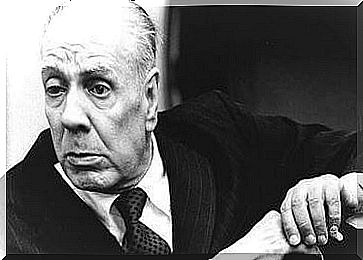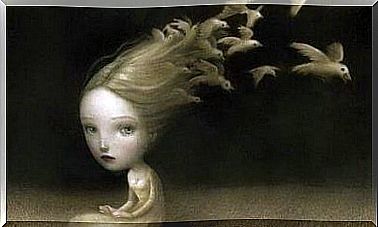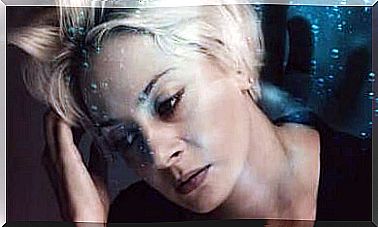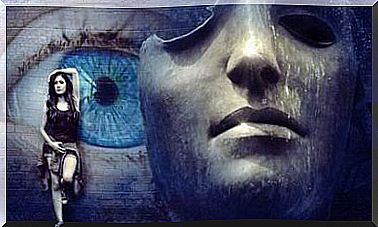Morel’s Invention, A Beautiful Reflection On Immortality
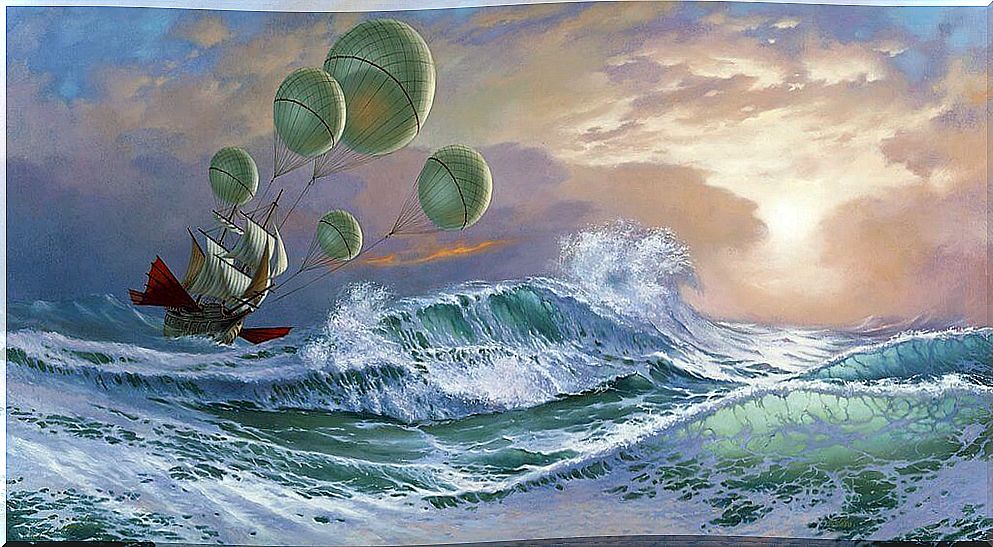
The fear of death is one of the oldest fears of human beings; the desires for eternal life and infinite love are among the most desired by mankind. The invention of Morel , by the Argentinian writer Adolfo Bioy Casares, combines these fears and desires, questions them, proposes a reflection and new ways of approaching them.
Morel’s invention, moreover, has inspired films, plays and series such as : the 1961 film Last Year in Marienbad, the Lost series or the 1986 Argentinian film Man Looking South East , among others. The novel, published in 1940, was the one that paved the way for the genre of science fiction in Latin America.
Bioy Casares was an author who enjoyed great recognition in his native Argentina. Friend of Borges and linked to the Ocampo sisters because he was married to one of them, he surrounded himself with the greatest writers of the time at a time when many literary movements were emerging in Buenos Aires. His friendship with Borges was so great that Morel’s Invention benefits from a prologue written by the latter.
Fiction and the Everyday in Morel’s Invention
We could say that Bioy Casares was ahead of his time because he knew how to mix everyday elements with science fiction. In his novels, we find very realistic characters in a not so realistic environment.
In Morel’s Invention, the main character, the fugitive, lives on a remote island and flees the law. We don’t know his name or what he might have done to be forced to flee the law, but we identify him as a very everyday character, with very real emotions.
The island where he lives has been abandoned for years. The buildings are old and in poor condition; he quickly realizes that strange things are happening there. Intruders who repeat his actions enter the scene but they don’t seem to see him.
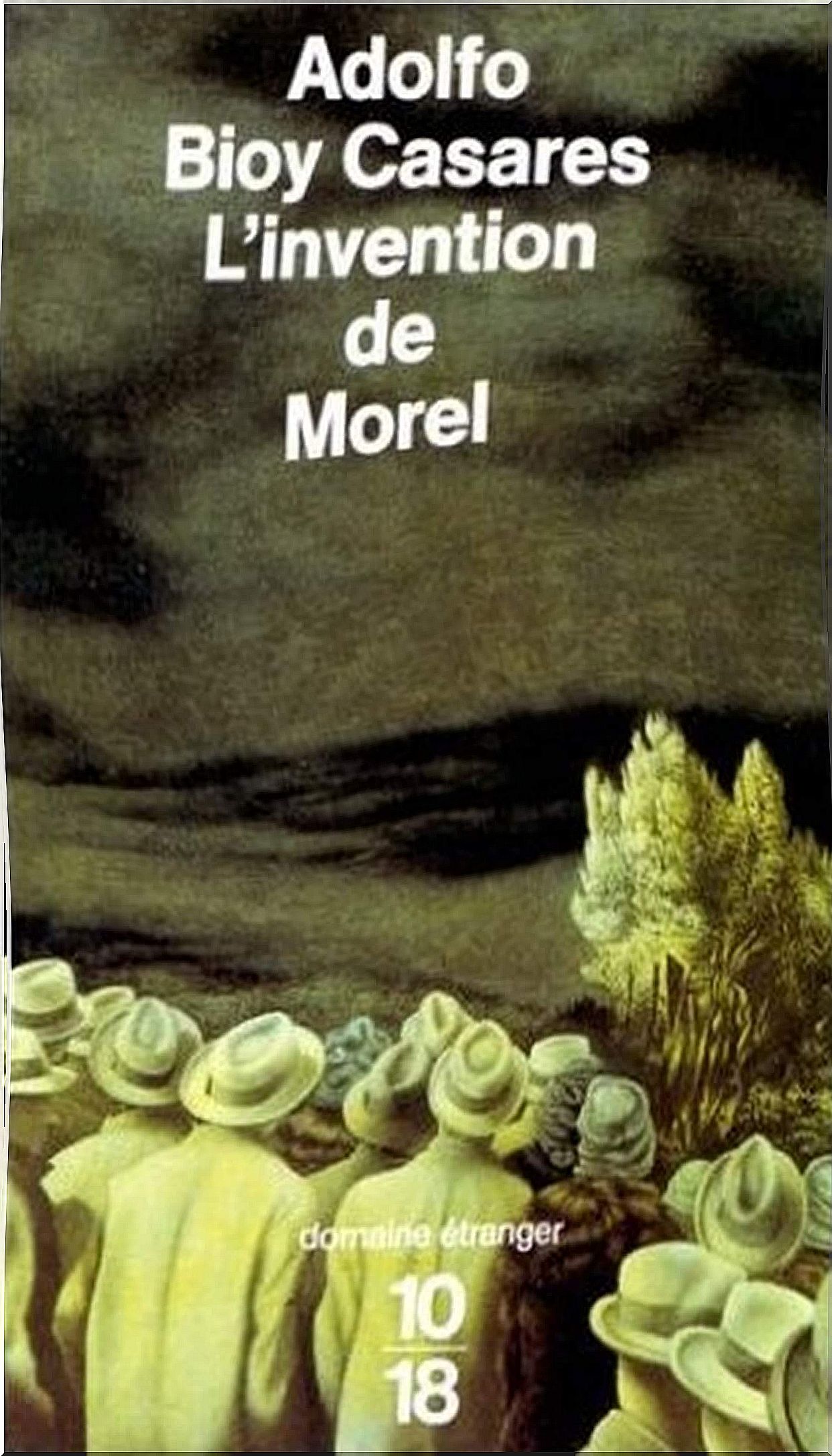
Among the intruders, we find Faustina, a young woman with whom the fugitive falls in love. He tries to talk to her several times but she doesn’t seem to see him: it’s as if he doesn’t exist. In addition, we meet Morel, a scientist who also seems to be in love with young Faustina and whom the fugitive hates.
We will quickly realize that these intruders are nothing more than images from a past that refer to people who have lived on the island; Morel had imagined a machine capable of recording all these movements and all these people, of keeping their essence, their desires, their thoughts… Their whole being. That way, they would live eternally in a happy memory that they themselves would not remember, something resembling the eternal Nietzschean return but reliving a week of their life for all eternity.
The fear of death and immortality in fiction
Death is part of us from the moment we are born: every day, every minute and every second of our life, we get closer to it. The problem arises when it turns into fear and when difficulties in accepting it arise. To overcome this fear, certain religions and certain philosophical currents offer us the idea of “the other life”: a promise of a better life after death.
The belief that man is the union of body and soul says that in order to be able to liberate the immortal soul, we must act by paying attention to certain points and be good men and women. In this way our immortal part, after its death on the physical plane, will be able to live eternally in peace.
Other religions like Buddhism offer immortality based on reincarnation. These faith-related stories demonstrate that since ancient times humanity has looked for ways to overcome death, to explain why we die, and thus to try to accept it in the face of the hope of a spiritual life. dissociated from physical life.
When we have had the opportunity to portray immortality in the fictional world, we imagine immortal beings like Lord of the Rings elves or mythological beings, i.e. deities. So we see that the price to pay for immortality or for trying to imitate it is high. In Morel’s Invention, the scientist Morel created a machine capable of offering us the immortality of the soul, but this will come at a very high cost to our mortal body.
Through the cinema and the new technologies of the time, Bioy Casares initiates many reflections and even anticipates what we know today as virtual reality. He presents us with other paths to immortality. Immortality in the work Morel’s invention is sought from the start by the protagonist, but in an indirect and unconscious manner.
Literature is, in a way, immortal. We resuscitate an author every time we read his works. Literature will always be there for generations to come and the work will therefore be immortal. The protagonist narrates the facts in some kind of journal, in the hope that someone will find it in the future. By leaving a written record, we can say that he is seeking immortality.
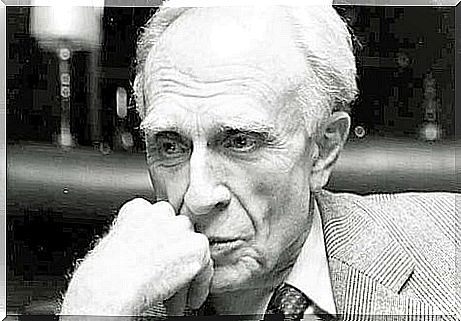
Love and Immortality in Morel’s Invention
When the intruders fail to see the fugitive, when they ignore his existence, he refuses to believe that they did not see him and prefers to think that this is a plan to capture him and deliver him to Justice; in other words, it refuses not to exist.
The intruders cannot see it because it is pictures, memories. However, the fugitive cannot accept this invisibility: no human would accept such a thing. The fact of not existing or of being invisible to all presupposes a kind of death for the individual, which is unacceptable because it is a matter of death in life.
In addition, the novel also explores the theme of love, the idealization of the latter and the way in which it keeps the fugitive alive. This is his only escape, his only desire. Love is as natural and human as death, as is the fear of loneliness expressed by the protagonist.
Even if being discovered would be a disaster, he imagines malicious plans, believes the intruders are conspiring to capture him, and basically doesn’t dislike the idea that much. The fugitive is afraid of loneliness and these ideas are a very human characteristic. He also feels jealousy. He realizes that his thoughts are not logical, but he finds it difficult to hold them back, like anyone who would face a similar situation.
In this case, love is linked to platonic ideas and the literary cliché religio amoris, in which the beloved woman is portrayed as an unattainable, superior and divine being. In addition, love in the novel will be the common thread towards immortality; he will open all the doors, he will awaken in Morel a desire to live eternally by Faustina’s side and will make this same desire appear in the fugitive.
Bioy Casares, thanks to his passion for cinema and his great skill as a narrator, transports us to an almost visual work, worthy of a cinematographic scenario. He introduces us to a character who comes to lose his mind several times, who writes to leave a trace of everything he lives on the island. He is still a very human character, and any of us would certainly act in a similar fashion in such a situation. It is undoubtedly a work which is worth reading and which invites reflection.
